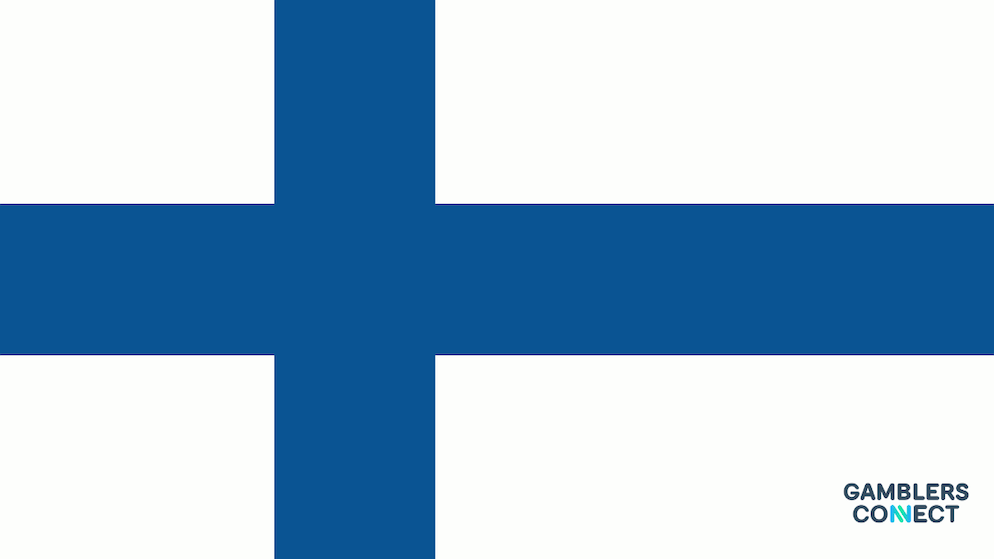Last updated on June 12th, 2025

The government of Finland has formally introduced a new legislation bill to the Parliament that will open the country’s market to new international gaming operators under a brand-new licensing system that would eventually end Veikkaus’ monopoly over online gambling.
As per the details of the new proposed legislation, Finland will open the doors for international gaming companies to legally provide their services in the country as long as they pay taxes and adhere to the new regulations.
Despite this development that will see Veikkaus face competition for the first time, the Finnish operator will be the monopoly holder over scratch cards, slot machines, lotteries, and casino gaming, consequently ensuring that the state retains control over the riskiest sectors.
Foreign online gambling operators can apply for the new license as early as the start of 2026, with the potential date to start operations being scheduled for 2027.
To ensure a seamless transition and transparency, Finland will establish a new gambling authority that will oversee the application processes, thus ensuring that the new applicants are compliant with Finnish law.
By creating a newly regulated and competitive gaming market, the government expects to increase oversight over gambling harm and boost tax revenues from the sector.
The Finnish Competition and Consumer Authority states that a well-regulated market with high channelization rates will boost revenues and encourage safer play, consequently preventing money from ending up at offshore operators with poor responsible gambling policies.
However, the government of Finland warns operators that the new legislation will be strict regarding gambling ads, consequently banning social media influencers that promote gambling, restricting outdoor gambling ads, and banning gambling ads near schools, with the only thing allowed is gambling ads sponsoring sports teams.
The legislation must first go through the Finnish Parliament, where it will be the subject of several months of debates, particularly from national institutions such as the Institute for Health and Welfare (THL).





